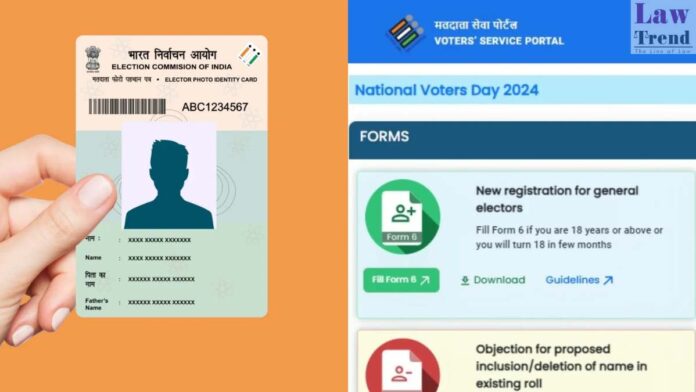In a significant judgment, the Orissa High Court, presided over by Justice S.K. Panigrahi, has directed the Life Insurance Corporation of India (LIC) to reassess and disburse the claim of the petitioner, Tapaswini Panda, within one week, highlighting the unreliability of voter ID as proof of date of birth in insurance matters. Background of the
To Read More Please Subscribe to VIP Membership for Unlimited Access to All the Articles, Download Available Copies of Judgments/Order, Acess to Central/State Bare Acts, Advertisement Free Content, Access to More than 4000 Legal Drafts( Readymade Editable Formats of Suits, Petitions, Writs, Legal Notices, Divorce Petitions, 138 Notices, Bail Applications etc.) in Hindi and English.




